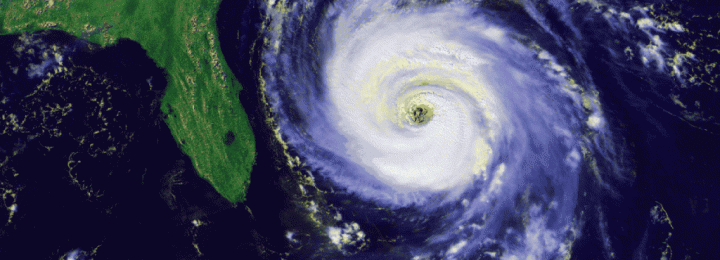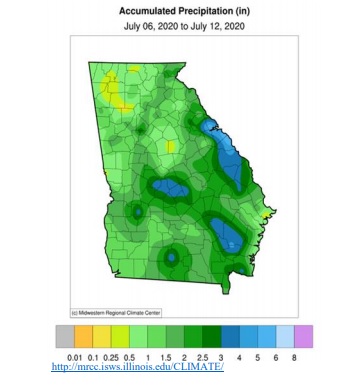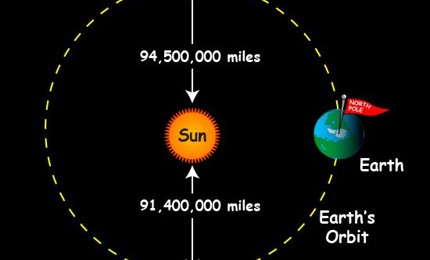Climate science
-

In case you did not notice, my post from yesterday was a little off. As of 8 am this morning Isaias was already a hurricane, a little earlier than I thought it would. The track forecast has wavered a little over the day but Isaias is still predicted to move up the East Coast, probably…
-

I ran across this new USDA publication on Twitter this week, and it’s a winner. It contains a very comprehensive description of how climate affects agriculture, including extreme weather, indicators like degree days and chill hours, livestock and outdoor worker heat stress, and crop insurance. I use this information every day in my work, and…
-

In the next few weeks, several online courses will be offered that could be of interest to extension agents, scientists, and students of climate and agriculture. In Fall 2020, the South Central Climate Adaptation Science Center at the University of Oklahoma will offer two short courses that will provide an integrative understanding of the components…
-

We know that hurricanes are more likely to develop when ocean temperatures are warmer than normal and when the winds high above the surface are weak. That information helps scientists make predictions about how active a hurricane season is likely to be, especially because El Nino usually increases the winds and La Nina or neutral…
-

I received a comment today from one of our UGA Extension agents about the weekly rainfall map in the Georgia Crop Progress Weather and Condition Report. She said that she had received a note from one of the producers in her area complaining that the map did not catch the area of low precipitation near…
-

Our planet Earth will be farthest from the sun in its annual orbit on Saturday, July 4 at 7:35 am EDT. This is called aphelion and it comes in the middle of Northern Hemisphere summer and Southern Hemisphere winter. The distance of the earth from the sun has very little to do with our temperatures…
-

According to recent news articles, two lightning flashes set new records of more than double the old records. One of the lightning bolts in Brazil was 440 miles long according to satellite images,a new record for length. A second bolt in Argentina set a new record for duration of over 16 seconds long. You can…